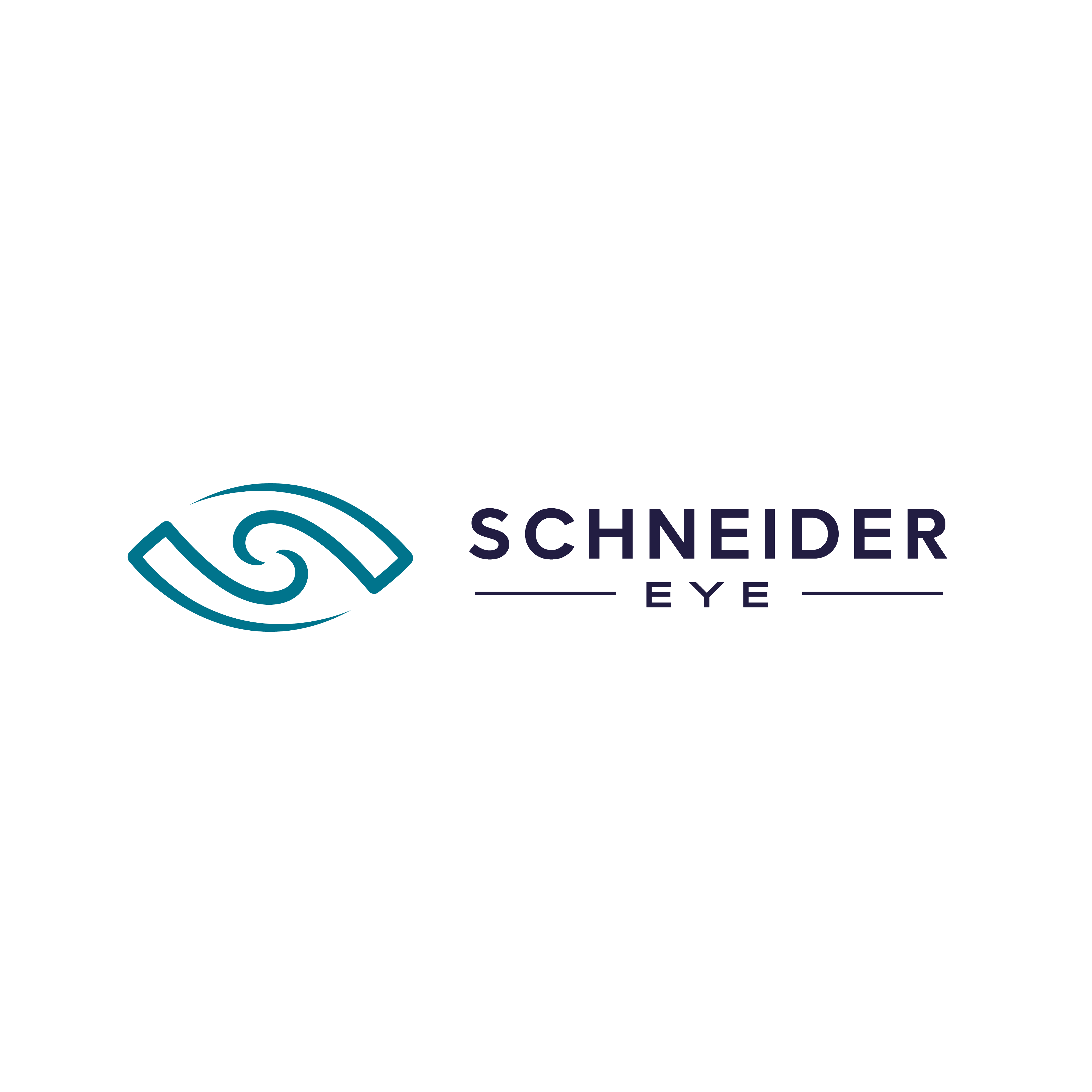Pediatric Eyecare
A child’s vision is an integral part of their overall well-being, and it’s often inherited from their parents, much like other genetic traits such as eye color or personality characteristics. Just as you diligently attend regular check-ups with your child’s pediatrician and dentist, it’s equally crucial to prioritize their eye care.
At our practice, we understand the unique needs of pediatric eye care. We have a team of experienced doctors who specialize in providing comprehensive eye care for children of all ages. Our goal is to ensure that your child’s vision develops optimally and remains healthy throughout their formative years. Regular eye examinations for children are essential to detect any potential issues early on, such as refractive errors, amblyopia (lazy eye), or eye misalignment, which, if left unaddressed, can impact their learning and daily activities. We are dedicated to partnering with you in safeguarding your child’s visual health, offering expert guidance, and tailored solutions to support their visual development and overall well-being.

Frequently Asked Questions
Importance of Pediatric Eye Exams
Pediatric eye exams are essential for ensuring the overall health and development of a child’s vision. Early detection of potential issues is crucial for effective intervention, as many vision problems are more manageable when identified in their early stages. Regular eye exams contribute to academic success, social development, and overall well-being.
Signs of Vision Problems in Children
Understanding signs that may indicate vision problems in children is crucial for parents and caregivers. These signs may include:
-
Frequent Eye Rubbing: Persistent rubbing may signal eye discomfort or fatigue.
-
Squinting or Tilting Head: These behaviors may indicate an effort to see more clearly.
-
Avoidance of Near or Distance Activities: Difficulty with reading or focusing on distant objects may be evident.
Regular observation of a child’s behavior can help identify potential vision issues early on.
Common Pediatric Eye Conditions
Several eye conditions can affect children. Some common conditions include:
-
Amblyopia (Lazy Eye): Reduced vision in one eye, often due to an imbalance in the visual input between the eyes.
-
Strabismus: Misalignment of the eyes, causing crossed or turned eyes.
-
Refractive Errors: Nearsightedness, farsightedness, and astigmatism may affect a child’s ability to see clearly.
Understanding these conditions and their potential impact is essential for early intervention and management.
Pediatric Eye Exam Components
Pediatric eye exams differ from adult exams and may include:
-
Visual Acuity Testing: Assessing how well a child can see letters or shapes.
-
Binocular Vision Assessment: Evaluating how well the eyes work together.
-
Eye Health Examination: Checking for any abnormalities or signs of eye diseases.
Pediatric eye care professionals use age-appropriate techniques to ensure accurate assessments.
Tips for Maintaining Pediatric Eye Health
Parents and caregivers play a vital role in maintaining their child’s eye health. Some tips include:
-
Encouraging Outdoor Play: Natural light is beneficial for eye development.
-
Balanced Screen Time: Monitoring and limiting screen time to prevent eye strain.
-
Promoting Healthy Nutrition: Ensuring a diet rich in eye-friendly nutrients.
Regular communication with eye care professionals helps address specific concerns and ensures ongoing support for a child’s visual development.
